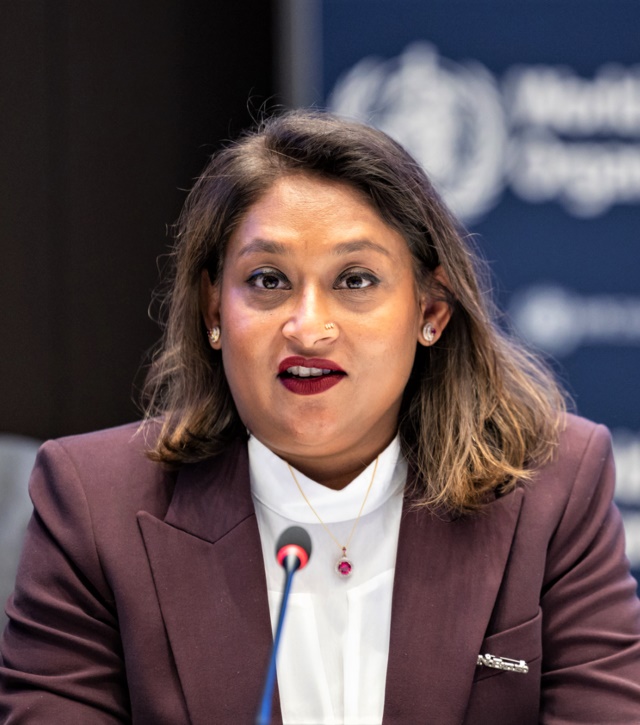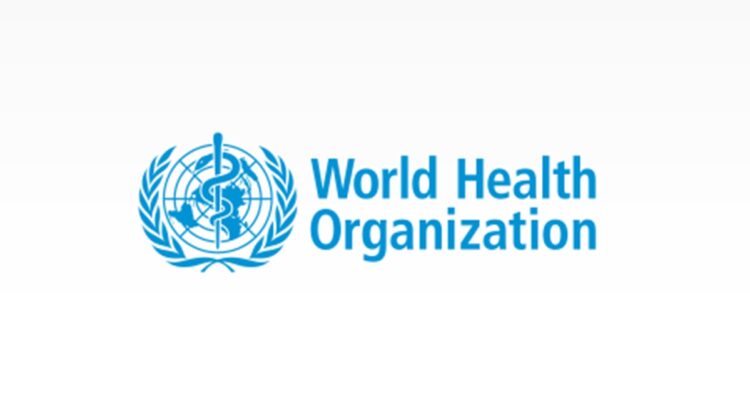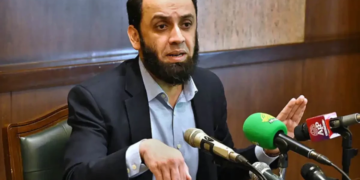On the eve of ‘World No Tobacco Day’, Saima Wazed, the WHO Regional Director for Southeast Asia, raised serious concerns about children and adolescents in the region being exposed to the digital marketing of tobacco products. This issue persists despite existing preventive policies and regulations.
Wazed highlighted the idea of a generational tobacco ban, which she believes would create a “tobacco-free generation”. She emphasized the importance of this measure for the region.
“The fight against tobacco is crucial for Southeast Asia,” Wazed stated. She noted that the tobacco industry’s aggressive targeting of youth has led to a troubling situation: approximately 11 million adolescents and 411 million adults in the region use tobacco. This makes Southeast Asia the region with the highest number of tobacco users globally.

The tobacco industry attracts young people by introducing new nicotine and tobacco products, such as electronic cigarettes and heated tobacco products. These products are becoming increasingly popular among the youth, Wazed explained.
She criticized the industry’s tactics, saying it preys on children and adolescents through targeted marketing, all in the name of profit. “It is alarming that children and adolescents are regularly exposed to digital marketing of tobacco products, even with policies meant to prevent this,” she said.
ALSO READ: “WHO Director Optimistic About Future Pandemic Treaty Agreement”
The problem is expected to worsen as young people spend more time on social media and similar platforms. Personalized and targeted advertising on these platforms is a significant concern.
This year’s World No Tobacco Day theme is ‘Protecting Children from Tobacco Industry Interference’. Wazed pointed out that the tobacco industry quickly launches new products and uses every available method to expand its market share before regulations can catch up.
The industry also resists evidence-based measures like increasing excise taxes and implementing comprehensive bans on tobacco advertising, promotions, and sponsorships. Companies even threaten legal action against governments that try to protect public health, Wazed noted.
She emphasized that government responses are lagging, partly due to the rapidly changing marketing strategies of the tobacco industry. She urged for the full implementation of the WHO Framework Convention on Tobacco Control (WHO FCTC), especially Article 5.3, which aims to protect public health policies from the tobacco industry’s interests.
Wazed called for tools and support to monitor and implement WHO FCTC recommendations in online settings. She stated that the goal is clear: to prevent and reduce tobacco consumption, nicotine addiction, and exposure to new tobacco products among youth.
Achieving this goal requires a multi-stakeholder approach involving various government departments, UN and intergovernmental organizations, civil society, the private sector, academia, and the community, including students, teachers, and parents.
Finally, Wazed stressed that a generational tobacco ban would be a significant step forward for the region. For this to happen, the WHO FCTC must be recognized as a legally binding international instrument by all member states.
Effective enforcement of existing policies, including tackling tobacco industry interference and corruption related to the illicit tobacco trade, is essential.

















Comments